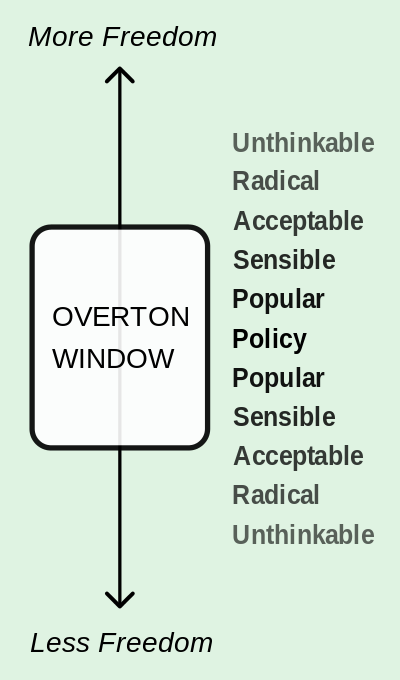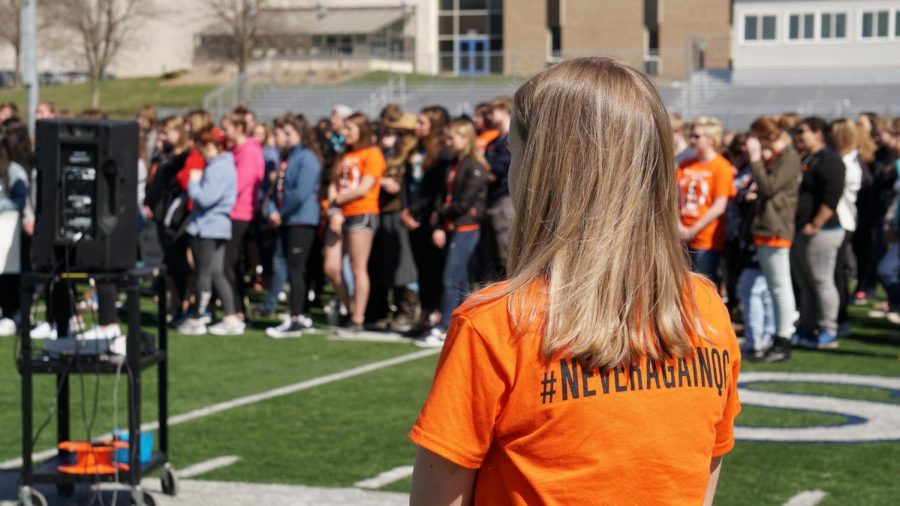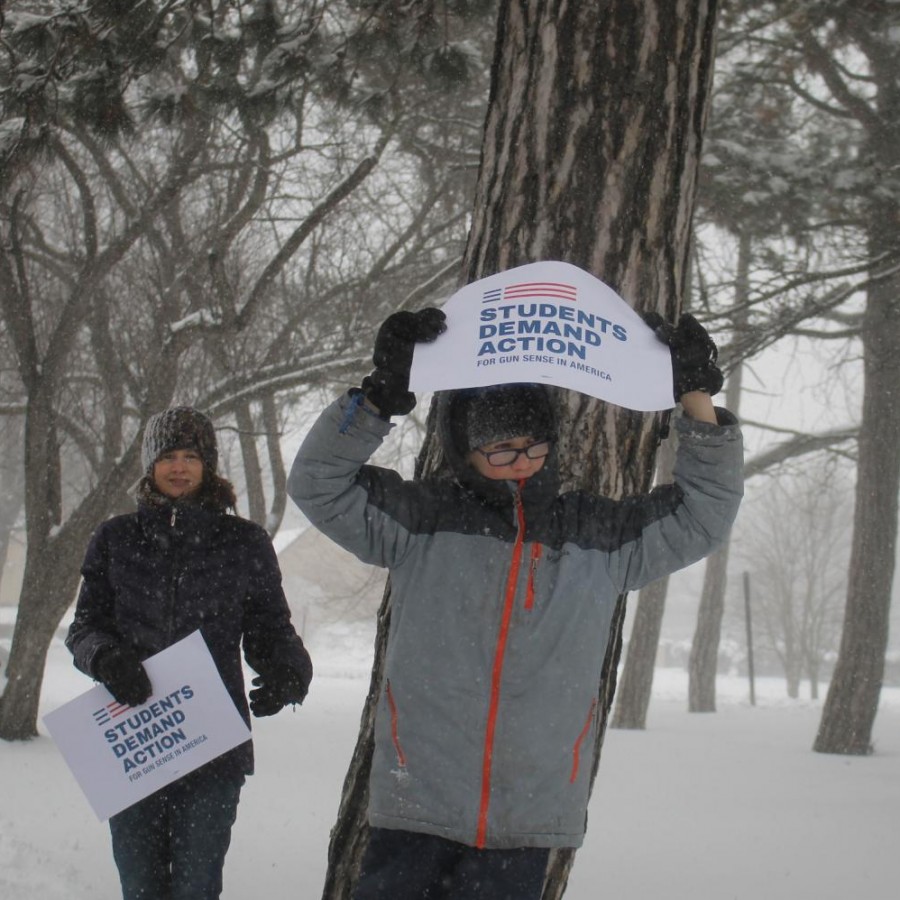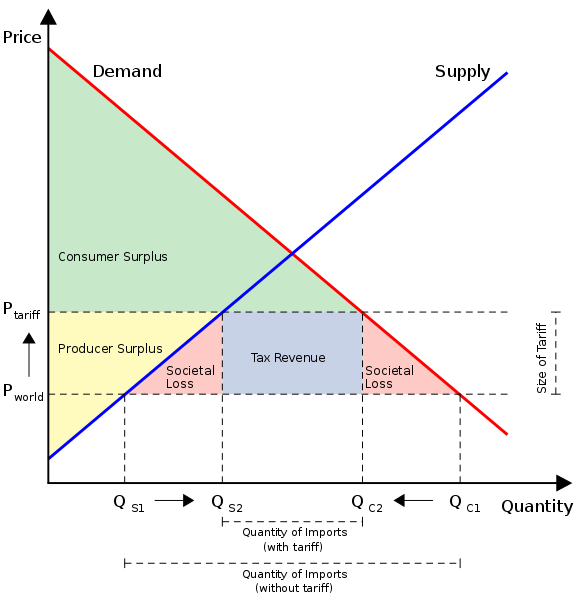Deeply embedded in the American political landscape is the notion of partisan divide, the fundamental separation between Democrat and Republican ideologies. In the country’s increasingly polarized climate, the imaginary line between red and blue appears starker than ever, particularly with the emergence of white nationalist movements and anti-Muslim hate groups that have felt emboldened by the election of Donald Trump. Although many people believe that their value systems are stringent and uncompromising, the continued coverage of such charged stories has had a significant impact on national political discourse.
A phenomenon originally defined by author and researcher Joseph Overton, the Overton window is the limited range of policies and talking points that are deemed politically acceptable. In other words, the Overton window describes the relatively restrictive space in which politicians and journalists can discuss specific issues, from abortion to race relations to education. Everything within the window is considered normal or expected, and everything beyond its scope is considered radical, or even unthinkable. Although Overton himself identified as a libertarian, the concept of the Overton window has been embraced across the aisles as an important predictor of public behavior. According to the Mackinac Center for Public Policy, the Michigan-based think tank founded by Overton, the Overton window “shifts to include different policy options not when ideas change among politicians, but when ideas change in the society that elects them.”
The political process is inextricably and often cyclically linked to the Overton window: the news media picks up on a story and broadcasts it, viewers at home become more aware of the issue and demand action, and politicians respond accordingly to their constituents’ demands. Oftentimes, the Overton window shifts naturally in response to new developments in domestic and foreign policy. For instance, after the 9/11 attacks, many Americans became more receptive to sacrificing privacy rights in exchange for stricter security measures. These changing attitudes eventually culminated in the passage of the Patriot Act, a law that, as reported by NBC News, “dramatically expanded the government’s ability to gather surveillance, broadened the definition of terrorism and sought to strengthen border security.” But now, over seventeen years later, the Patriot Act has garnered criticism for being too invasive because citizens are once again emphasizing privacy as an essential individual freedom.
Because public opinion plays such a critical role in determining legislative action, the Overton window is a powerful tool for politicians who wish to influence the Congressional agenda. Artificially shifting it; however, requires exposing a national audience to extreme ideas. Instead of beginning with a plausible, if unpopular, proposal, political scientists argue that the most effective way to influence public perception is by starting with a ridiculous or absurd suggestion. According to Vox.com, “forcing people to consider an unthinkable idea, even if they rejected it, would make all less extreme ideas seem acceptable by comparison — it would move the ‘window’ slowly in that direction.”
Since the 2016 presidential election, untruthful White House staff and representatives of the alt-right have normalized what were once universally reprehensible behaviors, making smaller scale acts of discrimination seem typical. Passing sexist, racist and homophobic comments now appear benign in the wake of the “Access Hollywood” tape or the proposed transgender military ban. In the future, political leaders should work to standardize honesty and integrity rather than scandal and infighting.







Emma Horsfield • Jan 31, 2018 at 8:53 am
Great article! I loved getting to know more about this topic and hearing your opinion.